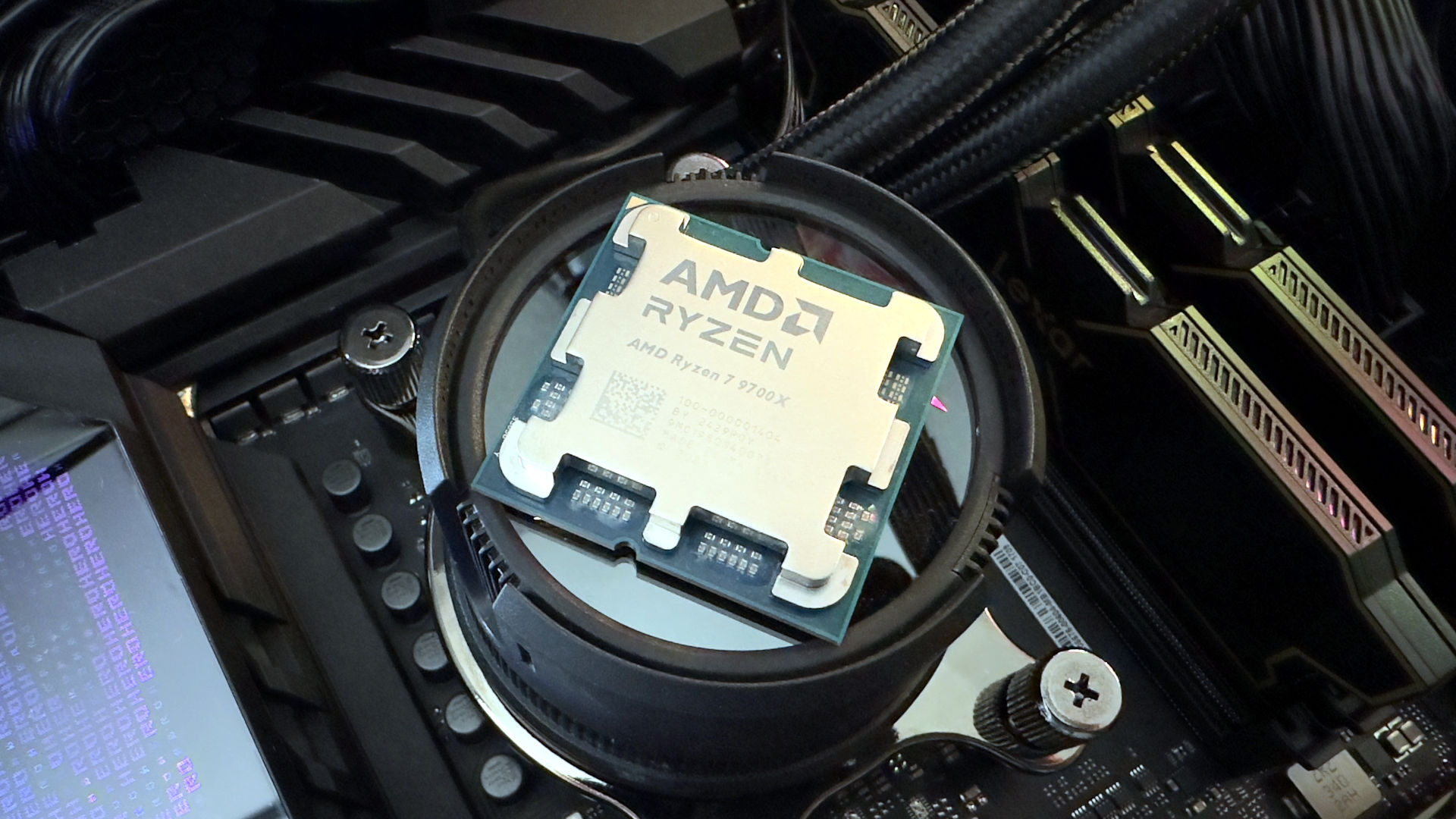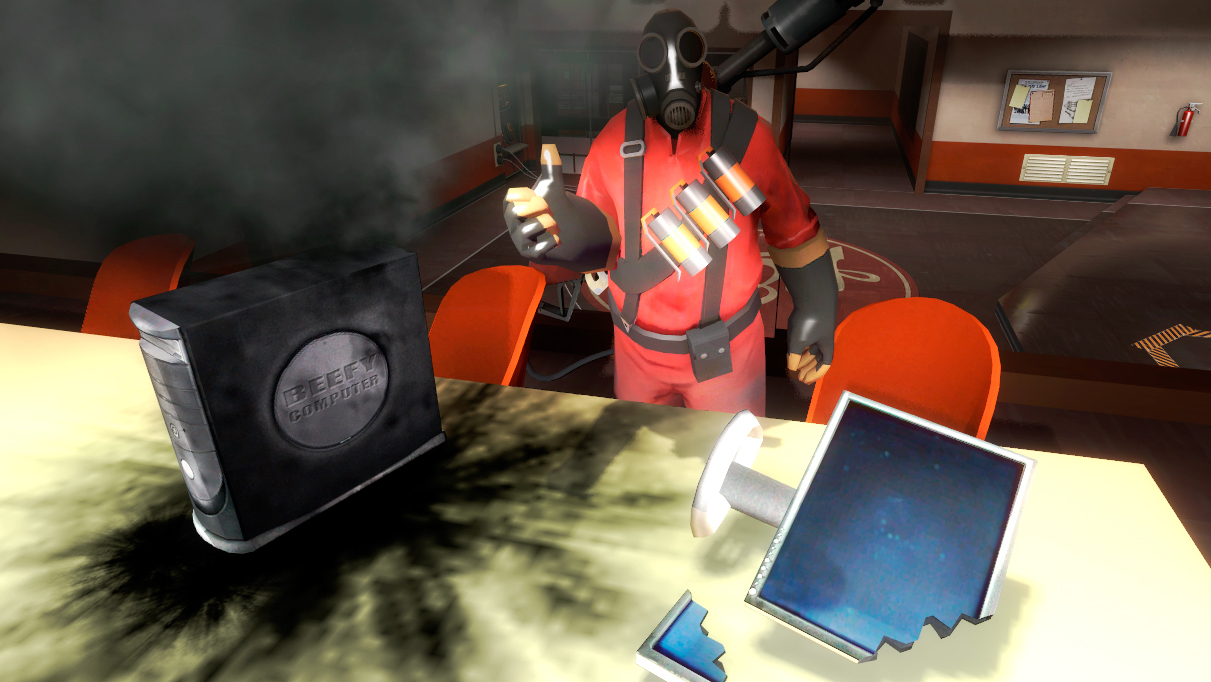
That's more like it.
AMD’s Ryzen 9000-series processors are out and about. In general, the family’s power efficiency is a highlight, and they’ve rightfully taken some places on our list of best CPUs, but there are those out there that wish for a little more on the performance side of things. Enabling AMD’s own PBO2 setting will give you a bit of a boost, but MSI’s engineers have been hard at work too, and the company is releasing new motherboard BIOSes with what it calls PBO Enhanced modes, which take things a step further.
MSI’s PBO Enhanced features three modes, simply named 1,2 and 3, with Mode 3 being the most aggressive. According to MSI, the Ryzen 9 9950X can gain nearly 10% in the Cinebench R23 multithreaded test when Mode 3 is enabled. Not a bad gain at all.
(Image credit: MSI)
(Image credit: MSI)
(Image credit: MSI)
(Image credit: MSI)
At default settings, the 65W Ryzen 7 9700X is the most power constrained chip in the Zen 5 lineup, and when it’s taken off the leash, it’s multithreaded performance jumps by an impressive 15%.
MSI didn’t release single threaded or gaming results, but since such workloads typically don’t continually demand full power like a longer term multithreaded workload does, performance gains are sure to be smaller.
Efficiency is a hallmark feature of Zen 5, and I’m a fan of MSI’s thermal limit settings. There are three settings, allowing you to limit the maximum temperature of your chip to 65, 75 or 85 degrees Celsius. According to MSI, setting a 9950X to 85C won’t significantly impact performance, and in some cases, may actually increase performance. A natively cooler running chip like the Ryzen 5 9600X loses a mere 1% of performance when set to the 65C limit.
(Image credit: Future)
Best CPU for gaming: The top chips from Intel and AMD.
Best gaming motherboard: The right boards.
Best graphics card: Your perfect pixel-pusher awaits.
Best SSD for gaming: Get into the game ahead of the rest.
Setting a 9950X to a limit of 65C will reportedly cost you only 5% of performance, while lowering temperatures by a full 30C. I like these options as it gives you some flexibility with cooler choice, or give you lower noise levels.
Finally, MSI is introducing memory timing presets, which should be useful for those looking to eke out a little more from their memory. I can see this being useful for those running DDR5-7000+ kits in the 6000 MT/s range, where enabling the tighter presets will get you a little bit of a latency improvement. This will benefit gaming, even if it’s not by a lot.
It’s good to see end users being given some options to tune Ryzen 9000-series systems to suit their requirements. We can expect other vendors to follow suit with their own PBO enhancements, but for now, only those with MSI AM5 motherboards will have access to these settings.






